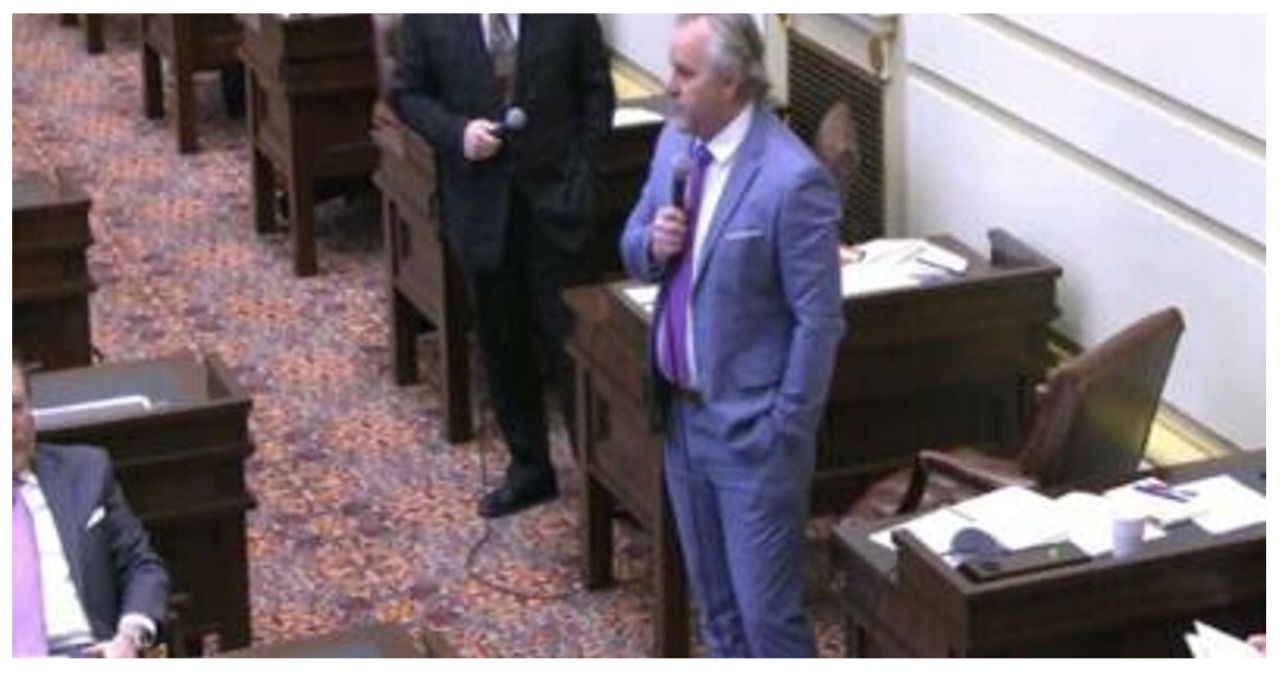The Oklahoma Senate has recently approved a bill that aims to designate illegal immigration as a state crime.
House Bill 4156 criminalizes the act of “impermissible occupation,” which refers to individuals willingly entering and staying in Oklahoma without obtaining legal authorization to enter the United States. The bill clearly states that this action is considered a criminal offense.
If the bill becomes law, individuals residing in Oklahoma as undocumented immigrants would be charged with a misdemeanor offense. The punishment for this offense includes a potential jail term of up to one year in a county facility, a maximum fine of $500, or both. Upon conviction or release from custody, whichever occurs later, those found guilty would be obligated to depart the state within 72 hours. This provision is outlined in the proposed legislation.
According to Senate Pro Tem Greg Treat, the failure to secure our borders at the federal level has led to a surge in illegal activities, such as fentanyl smuggling, human trafficking, and crime in our communities. In response to this crisis, the Oklahoma Legislature is taking decisive action to protect its citizens. Treat emphasizes that doing nothing is unacceptable, and passing this legislation is the right course of action to ensure the safety of Oklahomans and uphold the rule of law.
The bill was voted against by the eight Democrats in the Senate.
According to Senator Michael Brooks of Oklahoma City, immigrants comprise seven percent of the state’s labor force, primarily holding positions in industries such as hospitality, agriculture, and construction that are often difficult to fill. He emphasizes that these individuals are diligent workers who contribute to their communities. Oklahoma is home to approximately 33,000 undocumented immigrants who collectively pay around $26 million in state income taxes each year. Given the existing workforce shortages, Senator Brooks raises the concern of how these jobs will be filled and how the state will compensate for the loss of $26 million. He asserts the need for practical solutions that prioritize people over political considerations.



